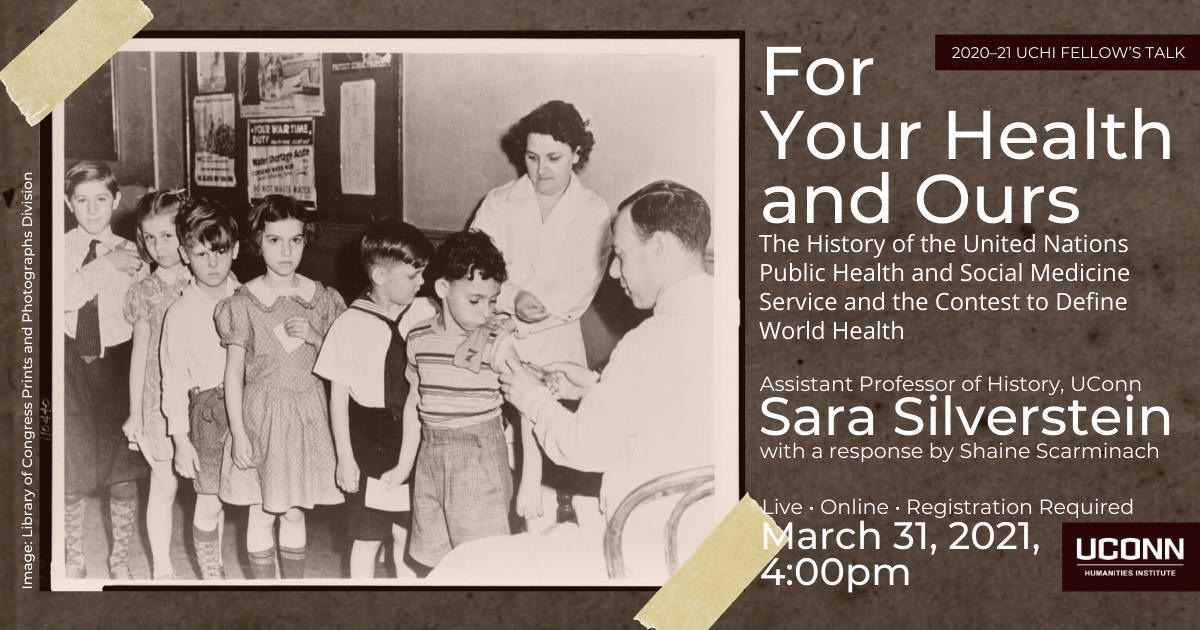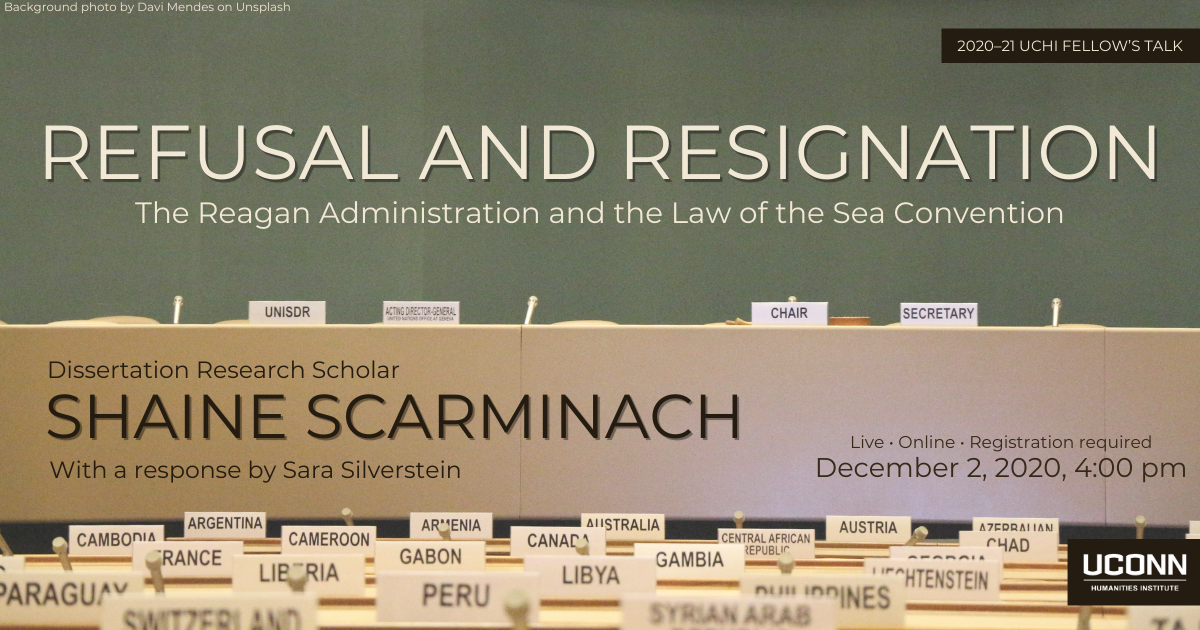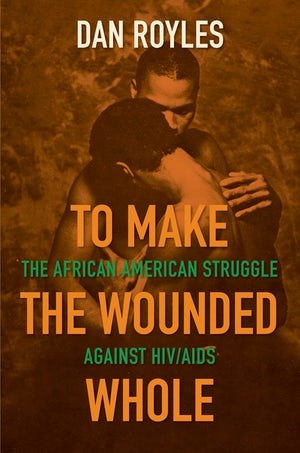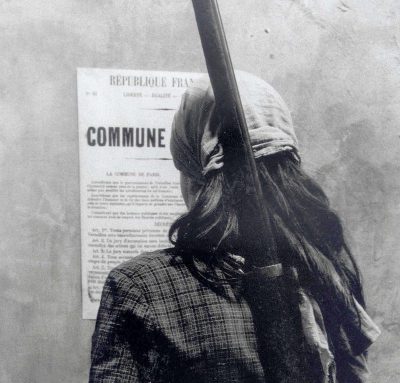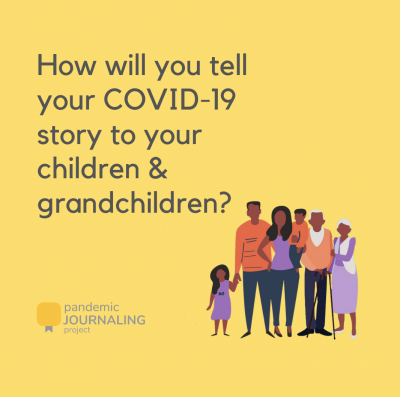For Your Health and Ours: The History of the United Nations Public Health and Social Medicine Service and the Contest to Define World Health
Sara Silverstein (Assistant Professor of History and Human Rights, UConn)
with a response by Shaine Scarminach
Wednesday, March 31, 2021, 4:00pm (Online—Register here)
Early in the COVID-19 pandemic, UN Secretary-General António Guterres stated that “we are only as strong as the weakest health system in our interconnected world.” The pandemic demands that we rethink international health, as well as our own national health system. This talk will explore the competing understandings of global responsibility for health in the mid-twentieth century, when the World Health Organization originated. During the Second World War, the former director of the League of Nations Health Organization circulated plans for a “United Nations Public Health and Social Medicine Service.” Ludwik Rajchman’s proposal combined the institution he had led during the interwar years with the international measures that he was convinced would be necessary to care for refugees after the war ended. It would be possible, he argued, to guarantee healthcare for everyone in the world. He was not a fringe radical at the time, but the World Health Organization’s planning committee did not consider his proposal. Rajchman instead established a competing program within UNICEF and, briefly, two distinct futures for international health existed simultaneously. Their competition illuminates the history of international collaboration in advancing public health and public responsibility for healthcare caught between imperial interests and the Cold War.
Sara Silverstein is a jointly appointed Assistant Professor of History and Human Rights. Her work focuses on the history of internationalism, modern Europe, social rights, global health, development, refugees and migrants, and statelessness. She received her Ph.D. in History from Yale University in 2016, her M.Phil. in Modern European History from the University of Oxford in 2009, and her A.B. in Literature from Dartmouth College in 2007. Before coming to UConn, she was a Postdoctoral Research Associate at the Yale Jackson Institute for Global Affairs and has been a Fox Fellow at Sciences Po, Paris, a junior visiting fellow at the Institute for Human Sciences in Vienna, and a Franke Fellow at Yale. She is the 2017 winner of the World History Association Dissertation Prize. She convenes the History of Human Rights and Humanitarianism Colloquium at the UConn Human Rights Institute.
Shaine Scarminach is a Ph.D. candidate in the Department of History at the University of Connecticut. He studies the history of the United States in the world, with an emphasis on U.S. empire, world capitalism, and the global environment. His dissertation, “Lost at Sea: The United States and the Struggle to Govern the World’s Oceans,” explores the U.S. role in developing the 1982 United Nations Convention on the Law of the Sea. His research has been supported by the Tinker Foundation, the Gerald R. Ford Presidential Foundation, and the Rockefeller Archive Center.
Registration is required for the event.
If you require accommodation to attend this event, please contact us at uchi@uconn.edu or by phone (860) 486-9057.
